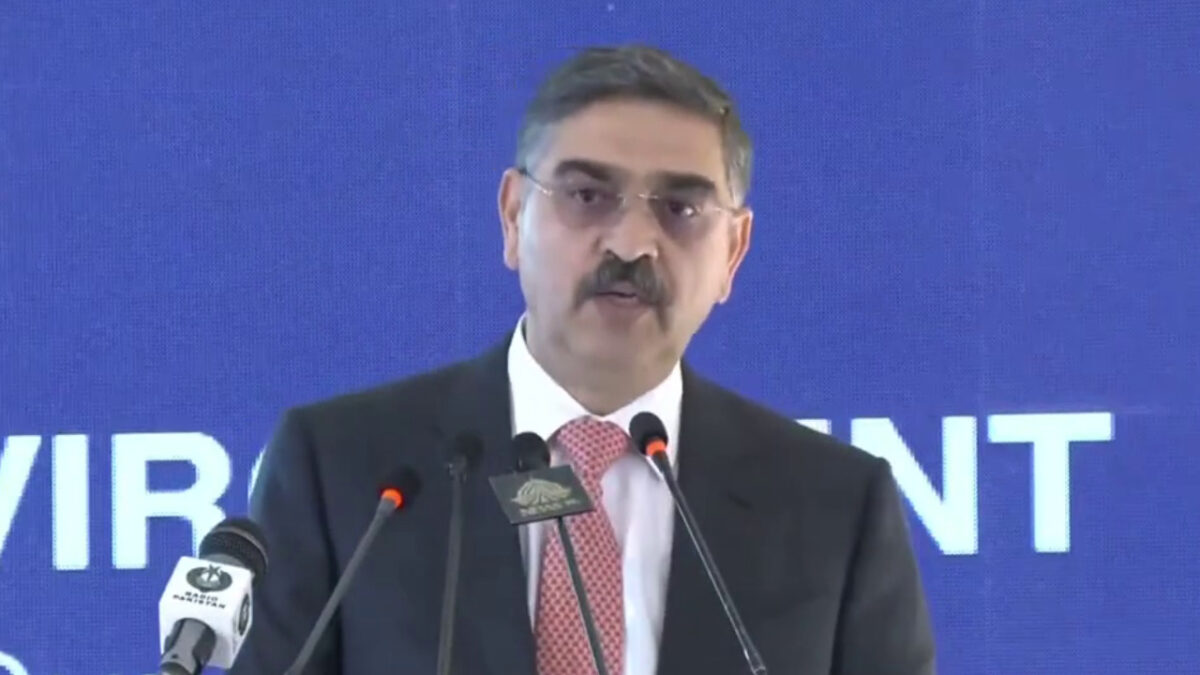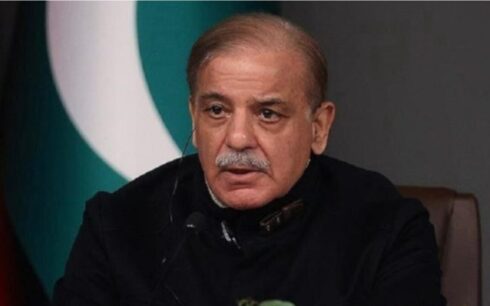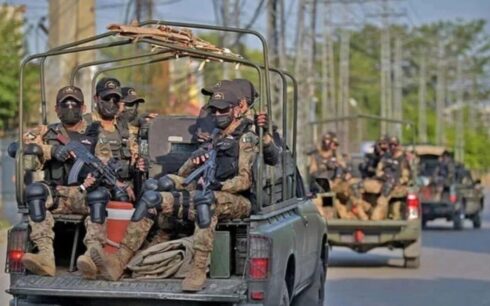Anwaarul Haq Kakar, the caretaker prime minister of Pakistan, reported that in the past two years, approximately 16 Afghan nationals have carried out suicide attacks in Pakistan. He further stated that 65 terrorists, mostly Afghan citizens, were killed in clashes with security forces, predominantly in border areas.
Kakar also highlighted the connections between criminal groups and terrorists in the region, noting the recruitment of Afghan immigrants by these groups.
Simultaneously, Pakistan’s Minister of Information and Parliamentary Affairs, Morteza Solangi, issued a warning to undocumented Afghan immigrants, stating they cannot indefinitely reside in Pakistan. Solangi criticized the United States and its allies for their failure to relocate 20,000 Afghan citizens who cooperated with American forces since the Taliban’s takeover of Afghanistan on August 15, 2021.
“These Afghans are still awaiting transfer to the United States and European countries,” Solangi said. “Foreigners without a visa cannot stay in Pakistan indefinitely.”
Pakistan’s border crossings with Afghanistan, notably Torkham and Spinboldak, have seen a steady return and expulsion of Afghan migrants. United Nations data indicates that about 465,000 migrants have entered Afghanistan following Pakistan’s decision to expel them.
Deported immigrants, including Feda Mohammad and Malali, shared their hardships upon return, citing lack of basic necessities and support.
The United Nations reports that 80% of the returning and deported migrants from Pakistan are women and children, facing significant risks. The UN warns that without timely assistance, some of these returnees might face life-threatening situations.





